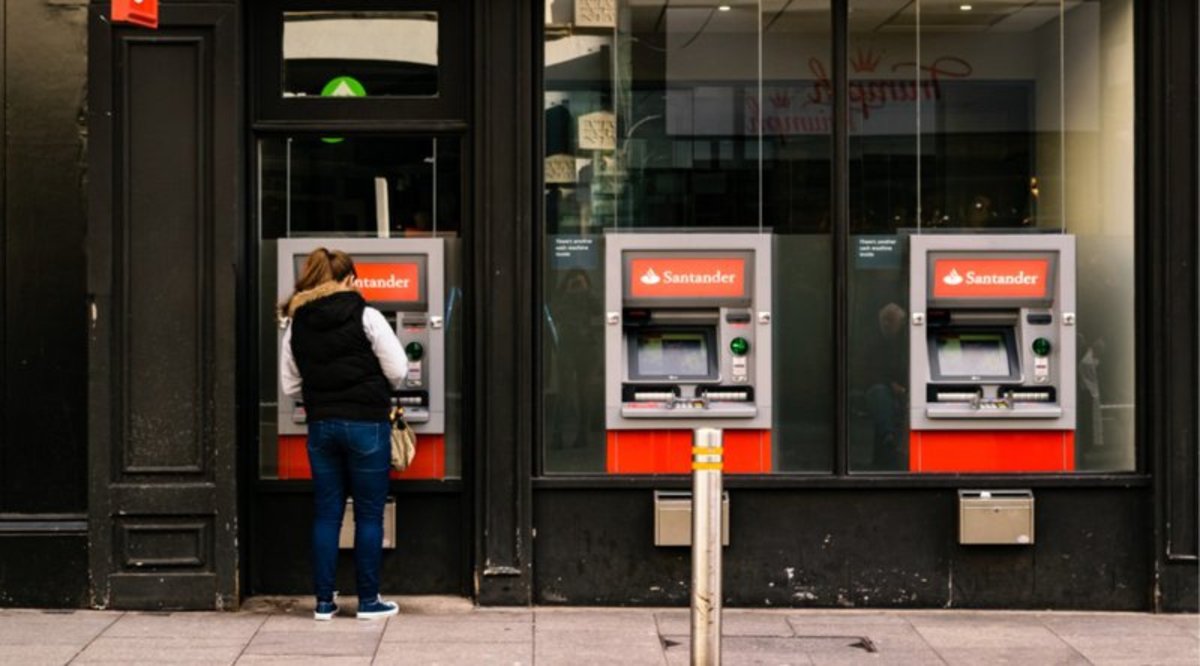
If a Bitcoin Unlimited hard fork leads to a coin-split, major bitcoin exchanges will list coins on that branch as a new asset: BTU.
Earlier this week, the world’s largest mining pool, AntPool, announced it would switch all its hash power to Bitcoin Unlimited, a software implementation that is incompatible with the current Bitcoin protocol. With this move from an influential player in the Chinese mining ecosystem, a split in Bitcoin’s blockchain is starting to look more likely. If such a coin-split occurs, there could — for a while — be two types of “bitcoin,” which many worry could be confusing.
A group of major exchanges, including Bitfinex, Kraken, Bitstamp, BTCC and others, therefore announced today that coins on the Bitcoin Unlimited branch will be considered a new asset. Coins on the branch that follows the current Bitcoin protocol will be listed under the original ticker.
“[I]f a contentious hardfork occurs, the Bitcoin Core implementation will continue to be listed as BTC (or XBT) and the new fork as BTU (or XBU),” says the joint letter published today.
Coin-split
A hard fork is an incompatible protocol change. These can be risky, because if some Bitcoin users adopt the change, while others do not, the network, blockchain, and currency can split in two.
This is what happened to Ethereum last summer, which is why there is now also an “Ethereum Classic.” There was relatively little contention over which of the two branches should be called “Ethereum” at the time of the fork, in part because the Ethereum Foundation holds the “Ethereum” trademark, and its founder, Vitalik Buterin, made a clear choice for the hard-forked chain.
But for Bitcoin, no one holds a trademark, and it seems unlikely Satoshi Nakamoto will ever return. (And even if he does return it’s unclear how much authority Bitcoin users would attribute to him.) As such, a coin-split, which may occur if Bitcoin Unlimited hard forks and becomes incompatible with most other Bitcoin implementations, could be more confusing.
To avoid as much confusion as possible, and ensure that operations can continue, a group of some of the biggest bitcoin exchanges in the world is now committing to list the coins on the Bitcoin Unlimited branch as a new asset, should the situation arise.
“Since it appears likely we may see a hardfork initiated by the Bitcoin Unlimited project, we have decided to designate the Bitcoin Unlimited fork as BTU (or XBU),” they state. “The Bitcoin Core implementation will continue to trade as BTC (or XBT) and all exchanges will process deposits and withdrawals in BTC even if the BTU chain has more hashing power.”
Among others, the letter is signed by the biggest exchange in the world by trading volume, Bitfinex, the biggest euro exchange by trading volume, Kraken, and major Chinese exchange BTCC. Other signatories include major USD exchange Bitstamp, Mexico-based exchange Bitso, UK-based exchange Coinfloor, Dutch brokerage and exchange Bitonic/Bl3p, altcoin exchanges Bittrex and ShapeShift, decentralized exchange Bitsquare/bisq and several more.
Replay Protection
Additionally, the exchanges request that the Bitcoin Unlimited team solves another problem before BTU is listed on the exchanges at all: replay attacks.
Without special precautions, a coin-split can be messy. When Ethereum split, for example, transactions on both sides of the fork looked exactly the same. As such, spending coins on one end of the chain could accidentally lead to the equivalent coin being spent on the other side of the chain. Instead of paying someone only ether (ETH), a user may unintentionally pay classic ether (ETC) as well — or vice versa.
The current implementation of Bitcoin Unlimited does not include replay protection. Therefore, if Bitcoin Unlimited hard forks and creates a coin-split, similar problems may emerge.
As such, the exchanges also ask the Bitcoin Unlimited team to include replay protection.
“None of the undersigned can list BTU unless we can run both chains independently without incident. Consequently, we insist that the Bitcoin Unlimited community (or any other consensus breaking implementation) build in strong two-way replay protection. Failure to do so will impede our ability to preserve BTU for customers and will either delay or outright preclude the listing of BTU,” they write.
Read the complete letter with signatories here.










